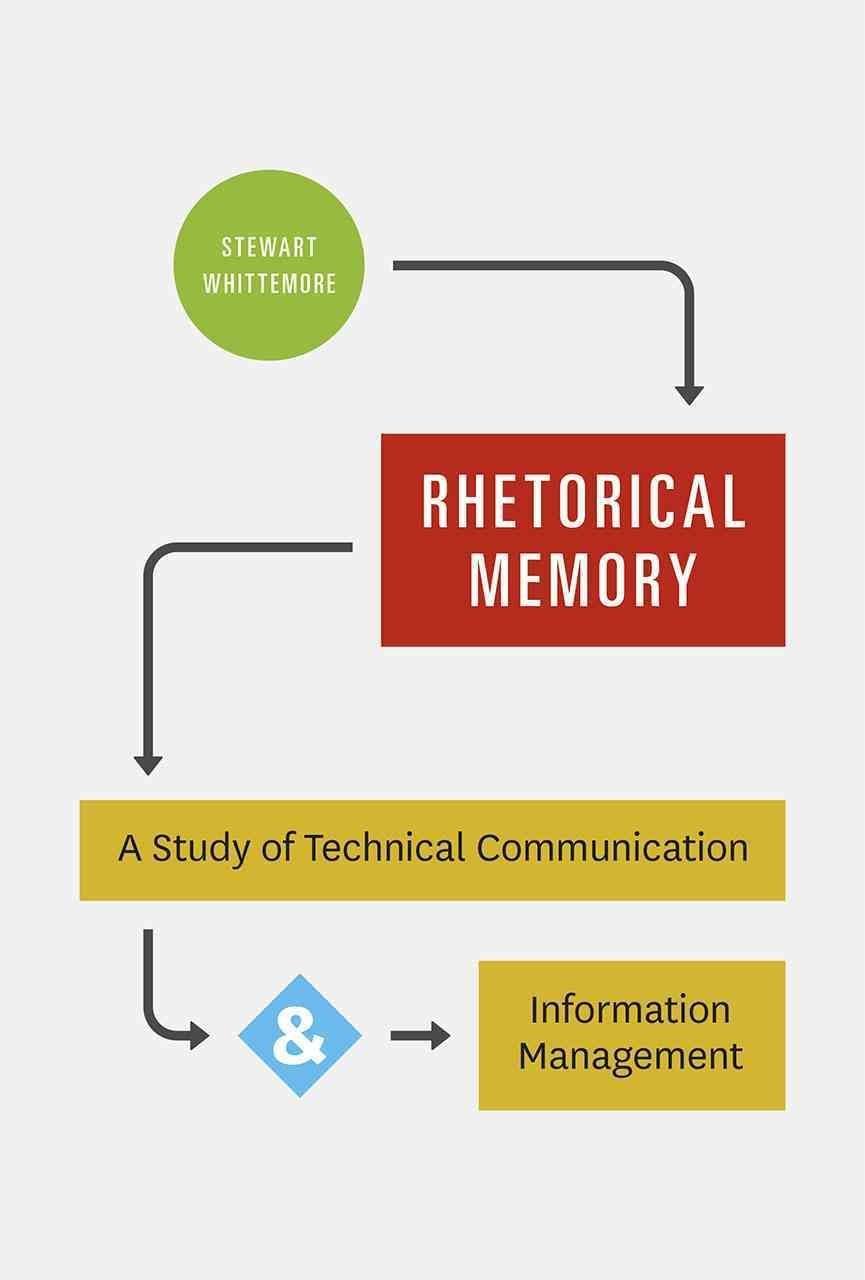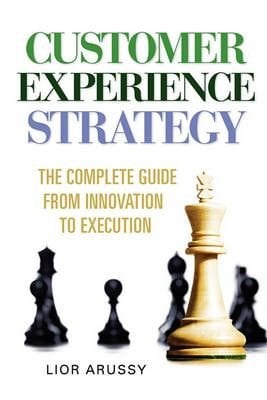Institutions have regimes?policies that typically come from the top down and are meant to align the efforts of workers with the goals and mission of an institution. Institutions also have practices?day-to-day behaviors performed by individual workers attempting to interpret the institution’s missives. Taken as a whole, these form a company’s memory regime, and they have a significant effect on how employees analyze, mix, translate, sort, filter, and repurpose everyday information in order to meet the demands of their jobs, their customers, their colleagues, and themselves. In Rhetorical Memory, Stewart Whittemore demonstrates that strategies we use to manage information?techniques often acquired through trial and error, rarely studied, and generally invisible to us?are as important to our success as the end products of our work. First, he situates information management within the larger field of rhetoric, showing that both are tied to purpose, audience, and situation. He then dives into an engaging and tightly focused workplace study, presenting three cases from a team of technical communicators making use of organizational memory during their everyday work. By examining which techniques succeed and which fail, Whittemore illuminates the challenges faced by technical communicators. He concludes with a number of practical strategies to better organize information, that will help employees, managers, and anyone else suffering from information overload.












